A.D. Miller’s gripping new book is set largely during Ukraine’s 2004 Orange Revolution, which Miller covered as a journalist. Ten years later, I reported on the aftermath of the country’s 2014 Euromaidan Revolution. Independence Square details the first event and prefigures the second. It is several things: a thriller, a political novel and a statement on our times.
It tells the story of Simon, a disgraced British diplomat who, one day on the Tube, sees the cause (so he believes) of his downfall. She is a woman called Olesya whom he met years earlier during the Orange Revolution. From this beginning the novel unfurls, switching between 2004 and the present day.
Back in 2004 the protestors are angry and the government is getting desperate. Violence looms. Simon, as a senior diplomat, wants to do his bit. He decides to bring together a government-allied oligarch called Kovrin and a protestor, Olesya, a convergence that forms the engine of the plot.
The background is revolutionary Kiev, and Miller details it beautifully. Revolutionary periods are not always violent but they are always vertiginous, dominated by a sense of unreality and above all, the accretion of rumour — here rumour is the ‘queen of Kiev… growing grander in her prophecies and scope’.
His style centres on observation, and his prose is careful. He captures the way Ukrainians speak (‘thanks to God’ instead of ‘thank God’). A cleaner at work walks at ‘penitential speed,’ while people ‘muster’ for a march.
As the protestors and government clash, it is the 21st century that slowly emerges. This is a book about truth and lies, about dirty money and the manipulation of politics, about a world where anything is possible and where even a war can be ‘hallucinated into reality’. And it is about power. Those like Korvin are the doers; they prosper. And then there are those like Olesya, the ‘people who things are done to — object, not subject’.
This, then, is a story not about a revolution in Eastern Europe but about the way we live now. As Tina Vlasych, a Ukrainian-American character, observes:
Propaganda 24/7, the slush fund to buy off the army. But you guys… You think this is where all of this bullshit ends? The dirty money and the rest of it, because I’m warning you it won’t.
Got something to add? Join the discussion and comment below.
Get 10 issues for just $10
Subscribe to The Spectator Australia today for the next 10 magazine issues, plus full online access, for just $10.
You might disagree with half of it, but you’ll enjoy reading all of it. Try your first month for free, then just $2 a week for the remainder of your first year.

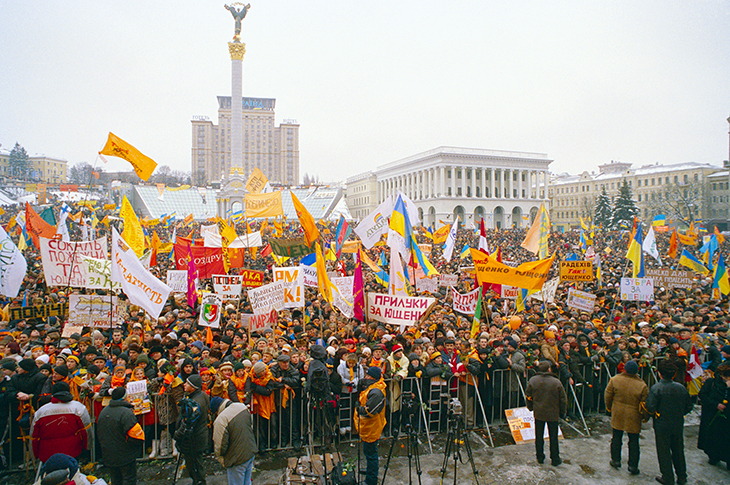
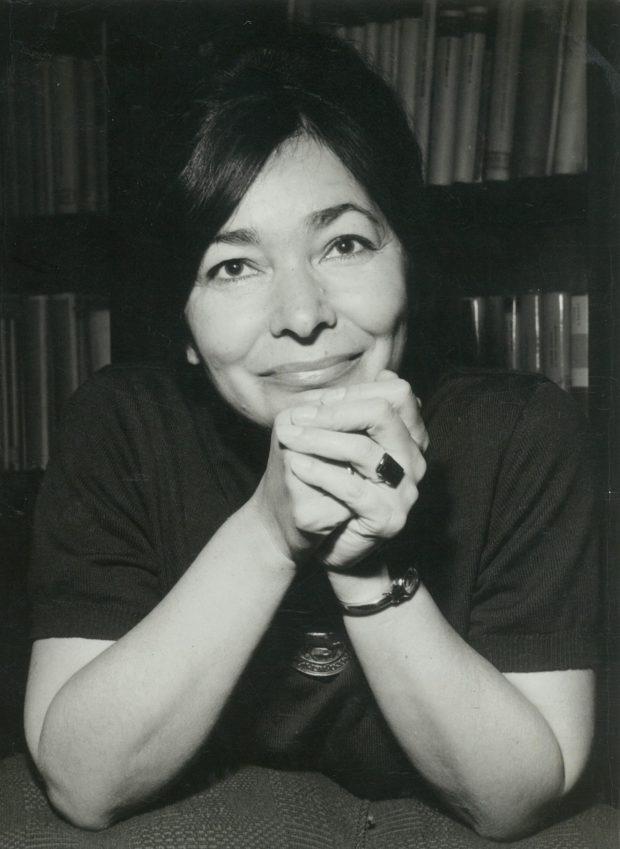

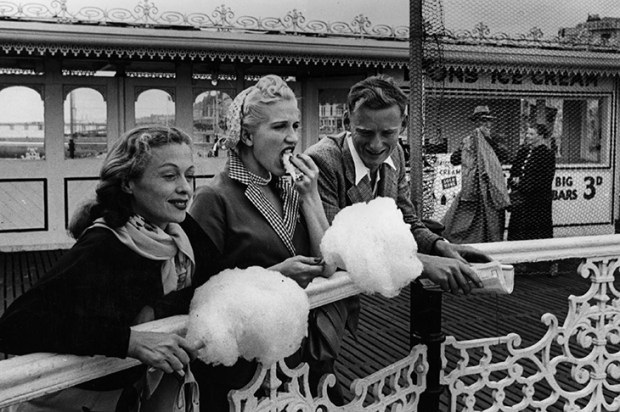
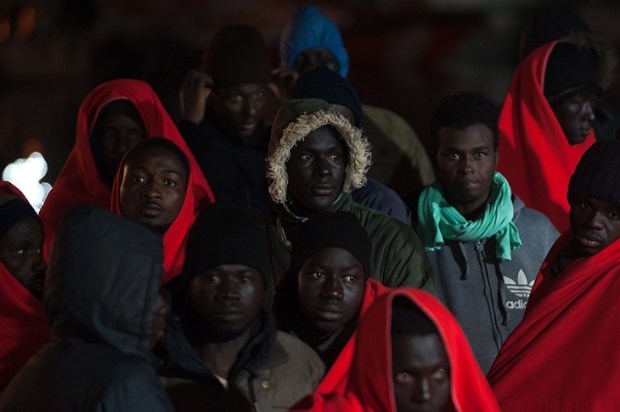
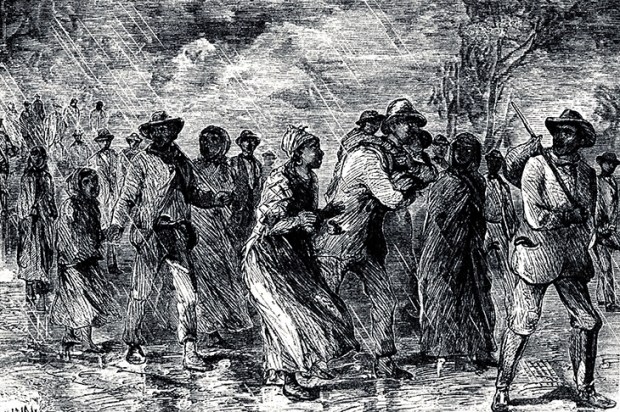







Comments
Don't miss out
Join the conversation with other Spectator Australia readers. Subscribe to leave a comment.
SUBSCRIBEAlready a subscriber? Log in